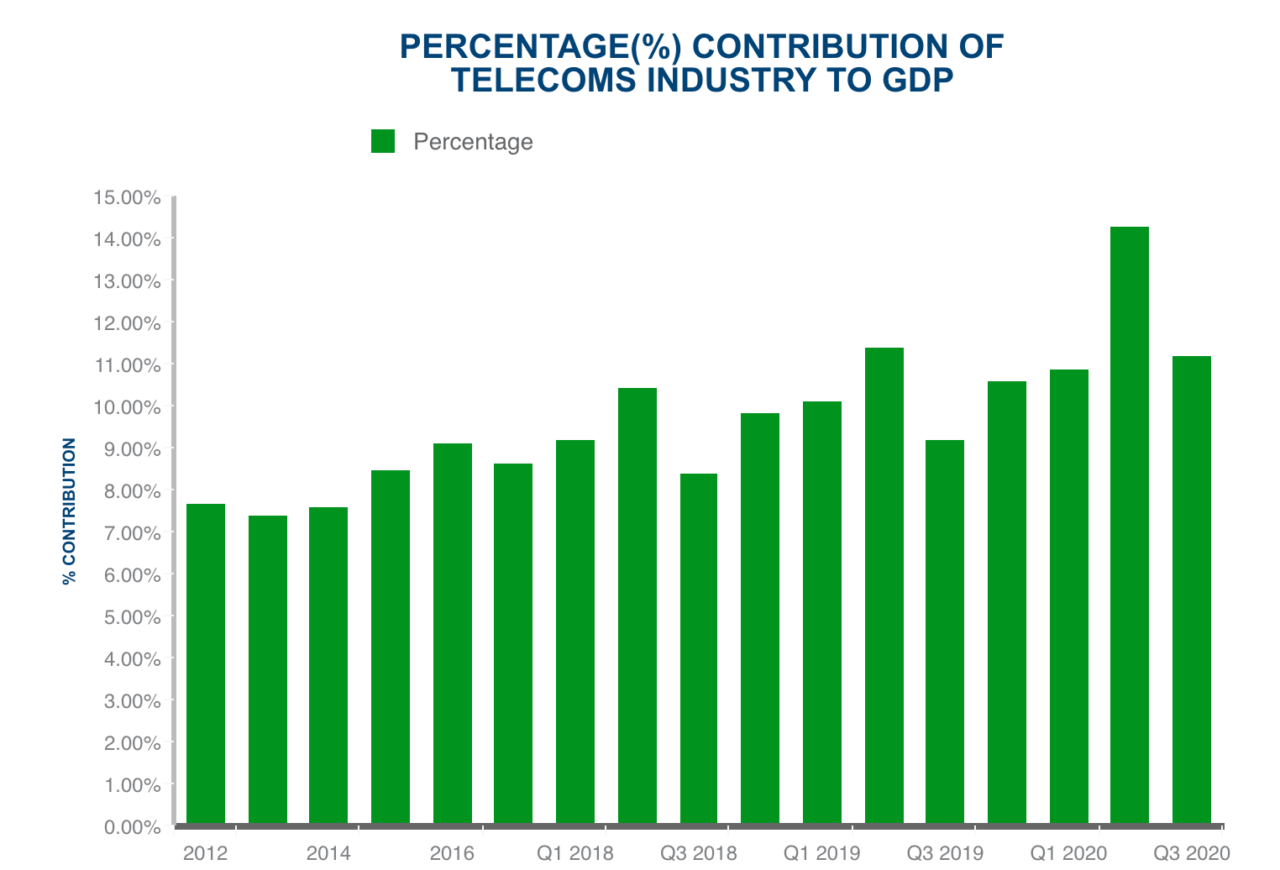The decision of the Nigerian government to suspend the sale and registration of new SIM cards is expected to have negative effects on the country’s growing mobile penetration rate which is expected to be fall or be stagnant in December 2020.
On Wednesday, Dr. Ikechukwu Adinde, Director of Public Affairs at the Nigerian Communications Commission (NCC) issued a statement announcing the decision of the regulator to halt the sale and registration of new SIM card. In the statement, Adinde said the action was in response to a directive issued to the regulator by the Honourable Minister of Communications and Digital Economy, Dr. Isa Ali Ibrahim (Pantami).
He said the suspension of new sale and registration would enable the regulator to embark on another audit of the Subscriber Registration Database.
“The objective of the audit exercise is to verify and ensure compliance by Mobile Network Operators with the set quality standards and requirements of SIM Card Registration as issued by the Federal Ministry of Communications and Digital Economy and the Commission,” Adinde stated.
According to the directive, Mobile Network Operators (MNOs) have been ordered to immediately suspend the sale, registration and activation of new SIM Cards until the audit exercise is concluded, and Government has conveyed the new direction.
“MNOs are to please note that non-compliance with this directive will be met with strict sanctions, including the possibility of withdrawal of operating license,” the regulator stated.
It also instructed Nigerians to immediately secure Digital Identification from the National Identity Management Commission and submit it to the Network Operators.
2020 industry growth threatened by new policy
The policy is expected to threaten several indices including teledensity — the number of active telephone connections per one hundred (100) inhabitants living within an area and is expressed as a percentage figure.

In December 2019, Nigeria’s teledensity was 97.76% but this has risen to 108.94% at the end of October 2020. Also within the same period, total number of mobile subscribers in Nigeria rose to nearly 208 million from about 184.7 million at the end of 2019.
Nigeria was also recording slow but steady growth in broadband penetration within the same period as the index has risen from a broadband penetration of 37.8% at the end of 2019 to about 46% at the end of October 2020. Within the same period, broadband subscriptions in Nigeria grew from about 72.2 million to nearly 86 million.
But with the government pausing activities that will add new subscribers to the national data, these indices could be negatively affected and may drop in December for the first time in 2020.






